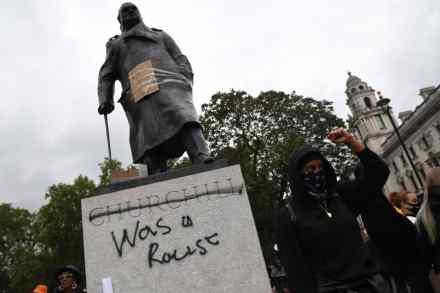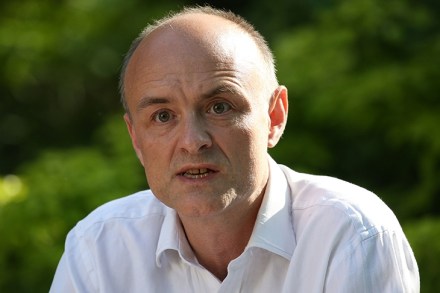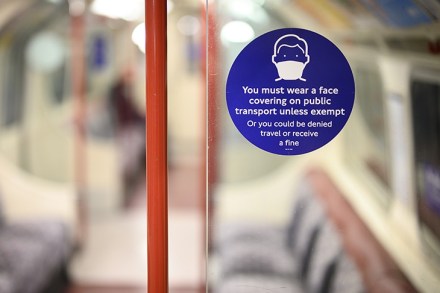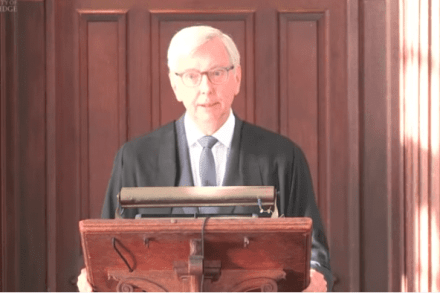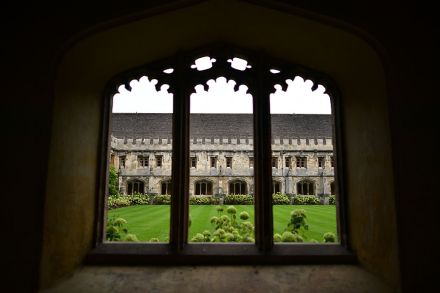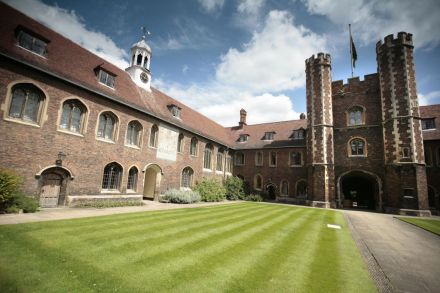Why Falklanders should fear China
In a lecture I recently gave to mark the approaching 40th anniversary of the Falklands War, one of the questions I asked was whether Argentina would have another go. I concluded it would not, because the military protection of the islands, neglected in 1982, was now strong. In passing, though, I did note that China now has a close relationship with Argentina, over arms trading, the hog industry, soybeans, help with the pandemic etc. Argentina, I said, was now likelier to support China, not the West, in international forums. This week, Xi Jinping has declared his support for Argentina’s claim to ‘the full exercise of sovereignty’ over the islands. This




